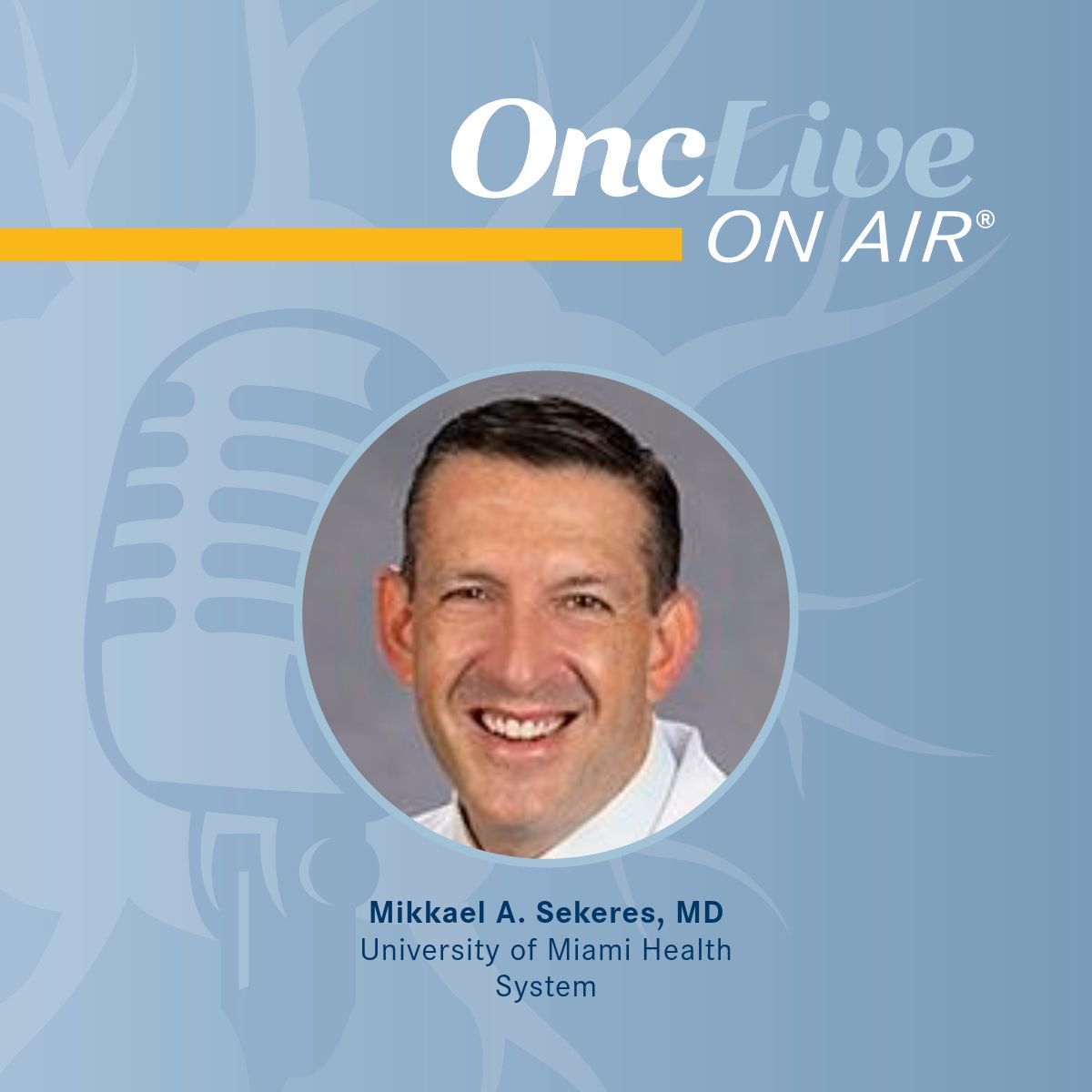Video
Dr. Lopes on the Rationale to Stop Immunotherapy After 2 Years in Lung Cancer
Author(s):
Gilberto De Lima Lopes, MD, discusses the rationale to stop immunotherapy after 2 years in patients with lung cancer.
Gilberto De Lima Lopes, MD, associate professor of clinical oncology and associate director of global oncology, Sylvester Comprehensive Cancer Center, University of Miami Health System, discusses the rationale to stop immunotherapy after 2 years in patients with lung cancer.
Long-term data from the phase 2/3 MK-3475-010/KEYNOTE-010 trial suggest that patients with non–small cell lung cancer who received pembrolizumab (Keytruda) for at least 2 years can continue to benefit from therapy after stopping, explains Lopes.
Some patients can develop chronic adverse effects (AEs) from immunotherapy, such as fatigue and arthralgias, says Lopes.
Financial toxicities can also impact the decision to stop immunotherapy, explains Lopes. Long-term treatment with immunotherapy may not be financially sustainable for patients.
Data suggest that stopping immunotherapy after 1 year of treatment could lead to inferior progression-free survival and overall survival, says Lopes. However, stopping after 2 years does not appear to negatively impact survival.









